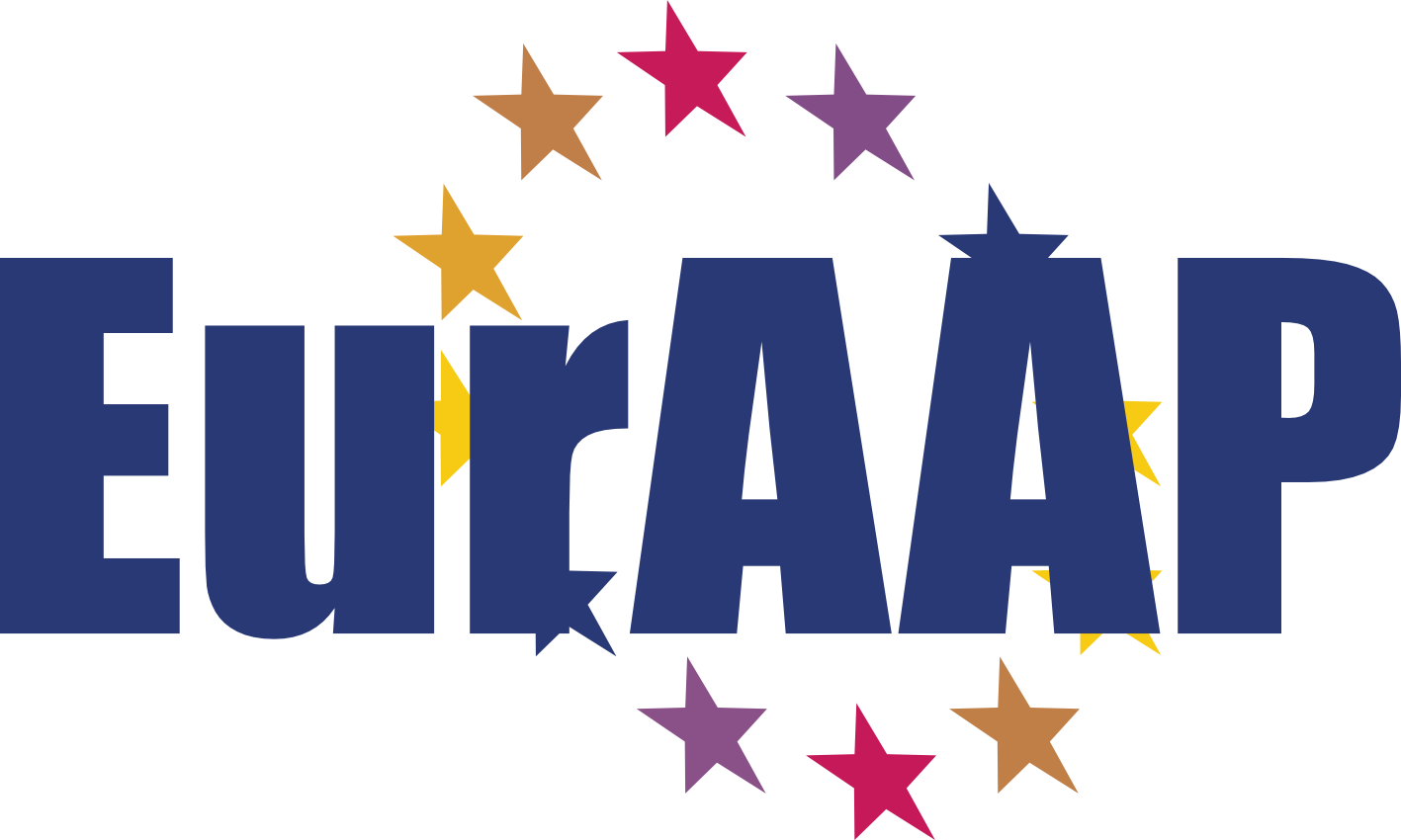Prof Matthias Pätzold, University of Agder
Non-stationary mobile radio channels: Modelling, analysis, and applications
Biography
 Matthias Pätzold was born in Engelsbach, Germany, in 1958. He received the Dipl.-Ing. and Dr Ing. degrees from Ruhr-University Bochum, Bochum, Germany, in 1985 and 1989, respectively, all in Electrical Engineering. In 1998, he received the habil degree in Communications Engineering from the Technical University of Hamburg-Harburg, Hamburg, Germany. From 1990 to 1992, he was with ANT Nachrichtentechnik GmbH, Backnang, Germany, where he was engaged in digital satellite communications. From 1992 to 2001, he was with the Department of Digital Networks at the Technical University Hamburg-Harburg. Since 2001, he has been a full professor of mobile communications and the Head of the Mobile Communications Group at the University of Agder, Grimstad, Norway.
Matthias Pätzold was born in Engelsbach, Germany, in 1958. He received the Dipl.-Ing. and Dr Ing. degrees from Ruhr-University Bochum, Bochum, Germany, in 1985 and 1989, respectively, all in Electrical Engineering. In 1998, he received the habil degree in Communications Engineering from the Technical University of Hamburg-Harburg, Hamburg, Germany. From 1990 to 1992, he was with ANT Nachrichtentechnik GmbH, Backnang, Germany, where he was engaged in digital satellite communications. From 1992 to 2001, he was with the Department of Digital Networks at the Technical University Hamburg-Harburg. Since 2001, he has been a full professor of mobile communications and the Head of the Mobile Communications Group at the University of Agder, Grimstad, Norway.
He is the author of several books and more than 300 technical papers. His publications received 14 best paper awards. He has actively participated in numerous conferences, serving as a chair and a member of technical program committees. He served as an associate editor of IEEE Vehicular Technology Magazine from 2010 to 2017 and was a guest editor for several special issues in the field of mobile radio channels. Since 2017, he serves as a senior editor of the IEEE Vehicular Technology Magazine. He is a Senior Member of the IEEE.
His current research interests include mobile radio communications, especially propagation and channel modelling, multiple-input multiple-output (MIMO) systems, cooperative communication systems, vehicular-to-vehicular communications, mobile-to-mobile communications, and coded-modulation techniques for fading channels.
Synopsis
In recent years, there has been more and more evidence that the generally accepted wide-sense stationary assumption is not fulfilled in real-world mobile radio channels. This has resulted in a shift from the modelling of stationary channels towards the modelling of non-stationary channels.
This presentation provides a comprehensive overview of state-of-the-art techniques which have recently been developed for the modelling, analysis, and simulation of non-stationary mobile radio channels. The presentation strives for providing a fundamental understanding of many issues currently being investigated in the field. The following topics will be covered during the presentation:
- A new paradigm for modelling of mobile radio channels
- Introduction and basic principles of non-stationary mobile radio channels
- Modelling of time-variant Doppler frequencies and time-variant propagation delays
- Definition and analysis of quasi-stationary intervals
- Classes of non-stationary mobile radio channels
- Spectrogram and Wigner-Ville distribution
- Improving the spectrogram by using massive MIMO techniques
- Design and analysis of channel models with time-variant model parameters
- Higher-order statistics of non-stationary mobile radio channels
- Applications with emphasis on fall detection and activity recognition








